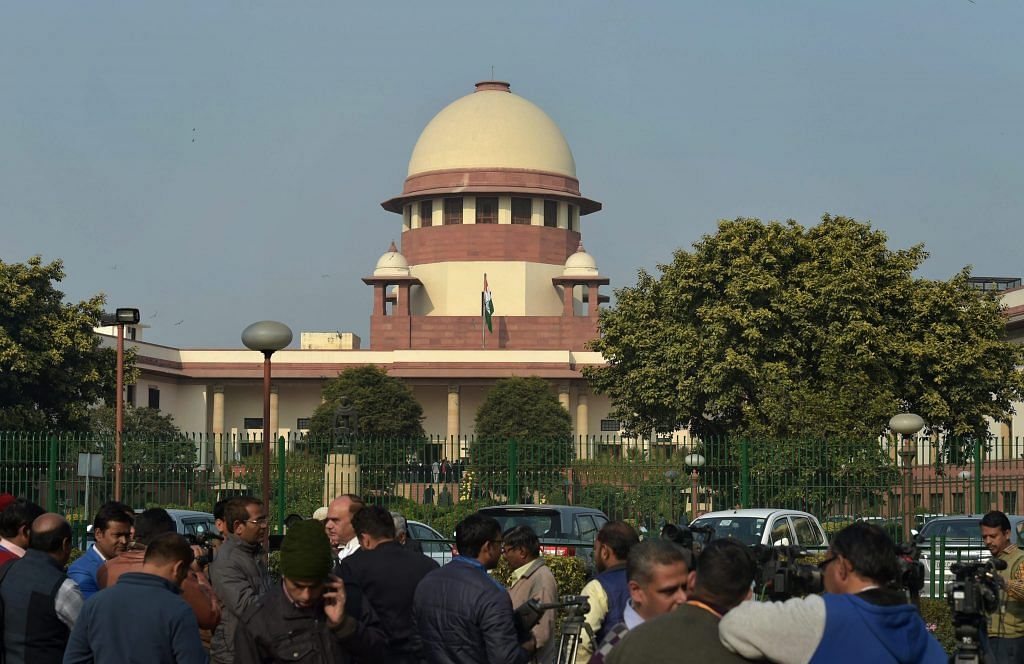Petition argues that live proceedings will help citizens get information on important cases first-hand, rather than relying on third parties.
New Delhi: Amid the unprecedented split in the top judiciary for transparency in its functioning, senior advocate Indira Jaising moved the Supreme Court Thursday, seeking live telecast of its proceedings.
She believes live telecast in cases of national importance will increase access to courts, and “negate second-hand information”. “The right to seek, receive information including live streaming of Supreme Court proceedings is a fundamental right to freedom of speech and expression,” Jaising petitioned.
Jaising cited the triple talaq case and said that the public could form an informed opinion if various views expressed in court were telecast real time.
“Rather than relying on an interpretation of what is happening in court by third parties”, citizens will be able to get the information first-hand, the petition argues.
Read more: It’s time the Supreme Court went live, your lordships
Although Union law minister Ravi Shankar Prasad had assured Parliament that the government can meet all demands to telecast live the proceedings of the Supreme Court, the petitioner has proposed an alternative until central government funds can come through.
“Record proceedings of cases of national importance and upload on its YouTube channel till facility for live streaming is created,” the petition states.
The petition also lists out seven Constitution bench cases to be heard by the court in the next few weeks for the recordings to begin.
International precedent
Most common law countries, including Canada, Britain, Australia and South Africa permit a varying degree of recording their court proceedings. International judicial bodies such as the European Court of Human Rights, the International Court of Justice and the International Criminal Court also allow web telecast of their proceedings.
The apex court had, in August last year, directed the installation of cameras in two district courts as a pilot project. Audio and video recording of the proceedings also began in two district courts in Gurugram. The court later extended it to two districts in every state and union territories.
While some high courts expressed reservations due to privacy concerns of judicial officers, the Supreme Court said the move promotes good governance.
